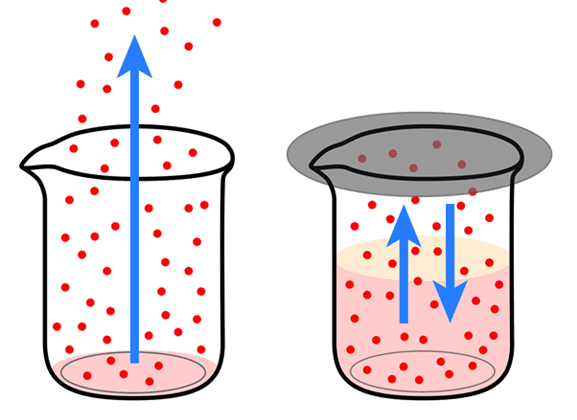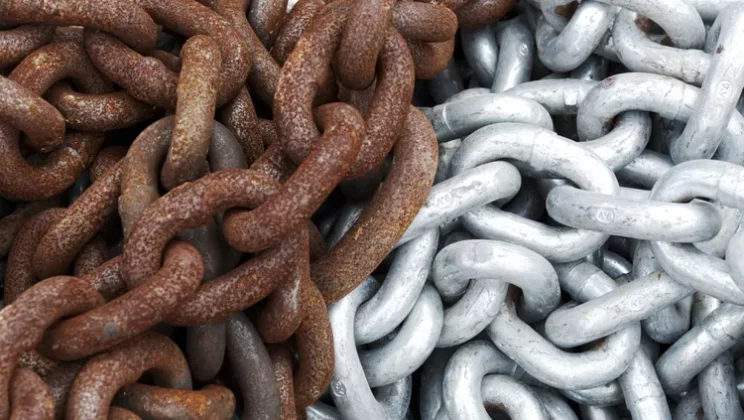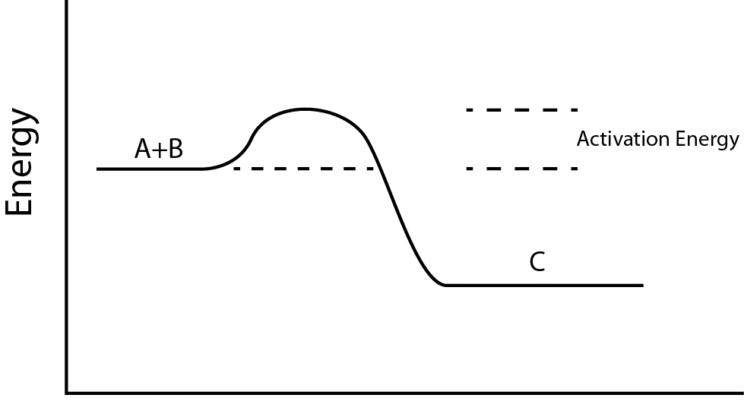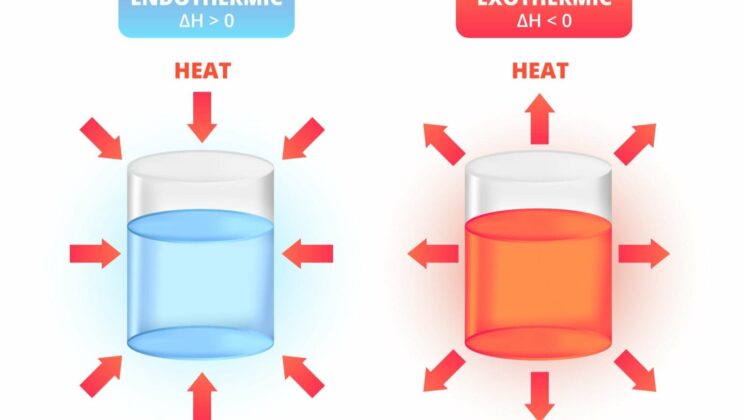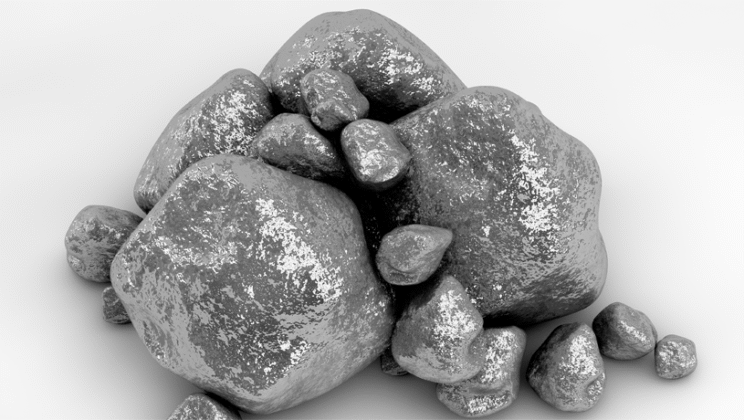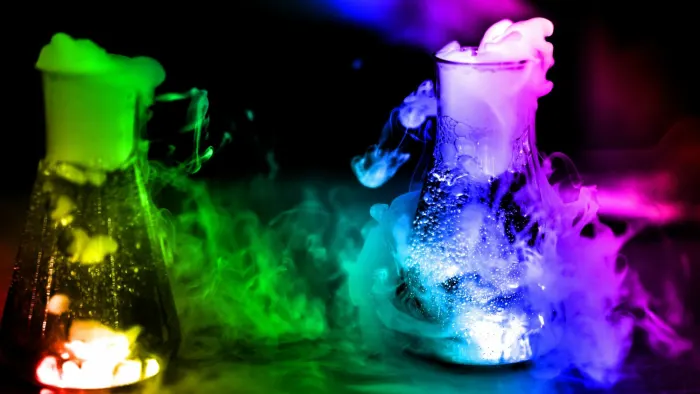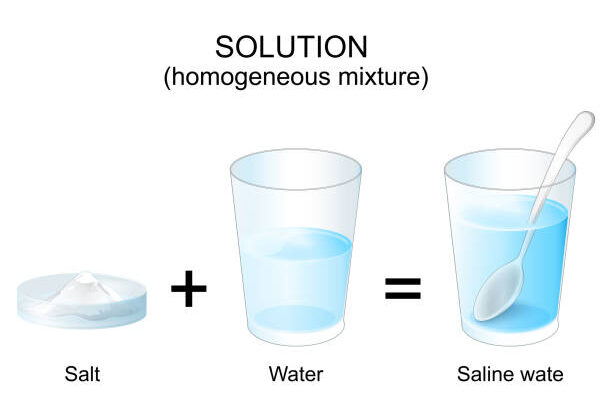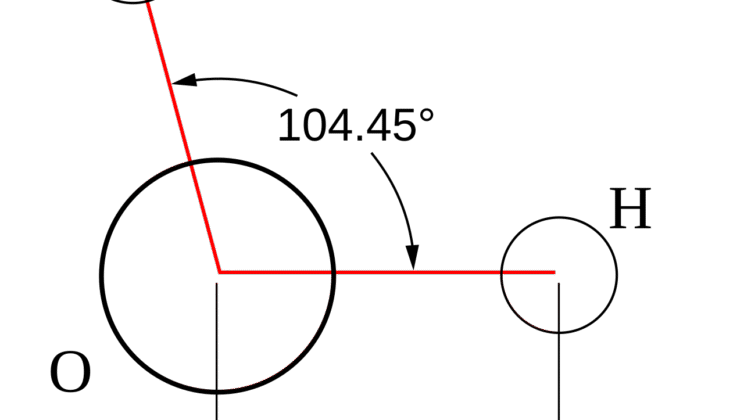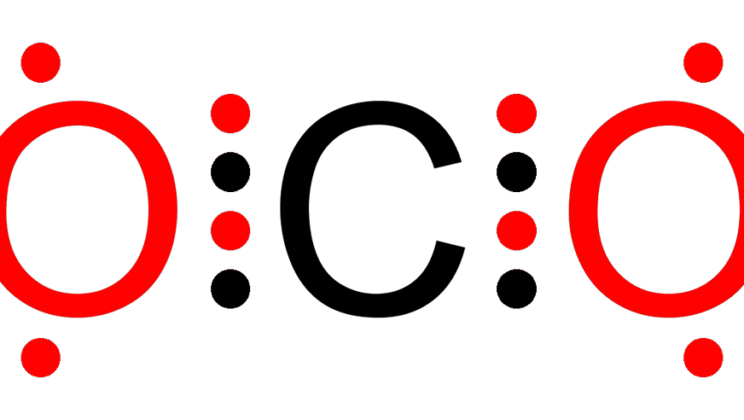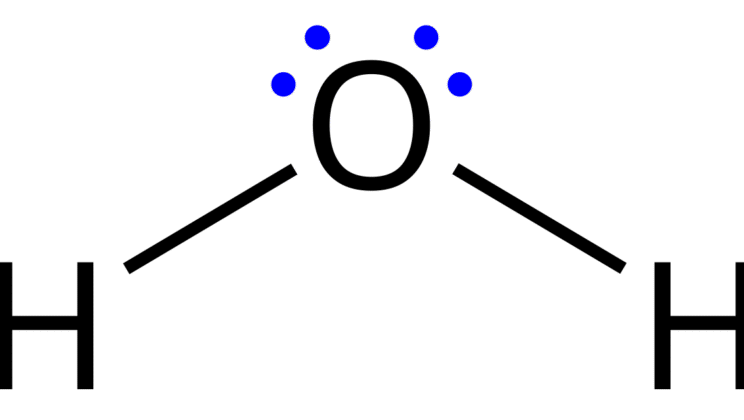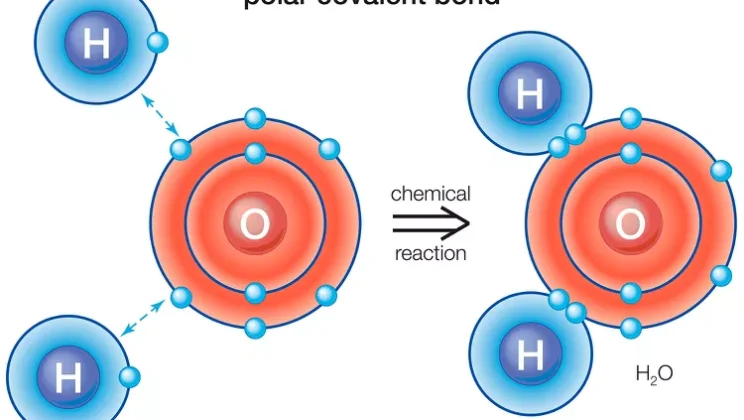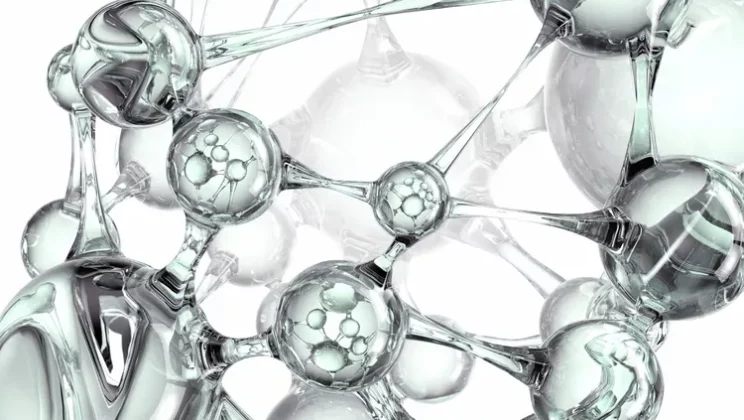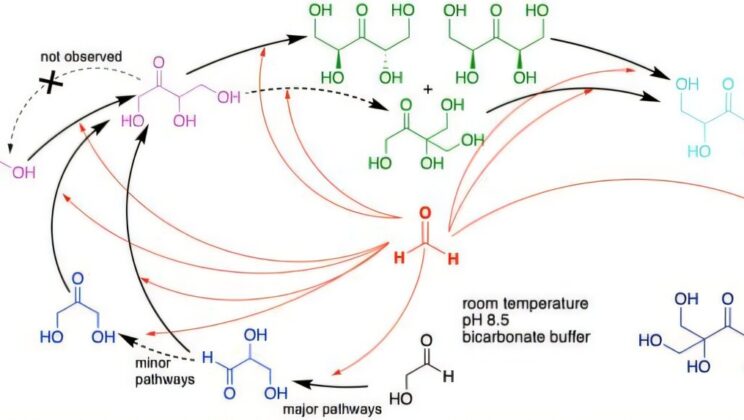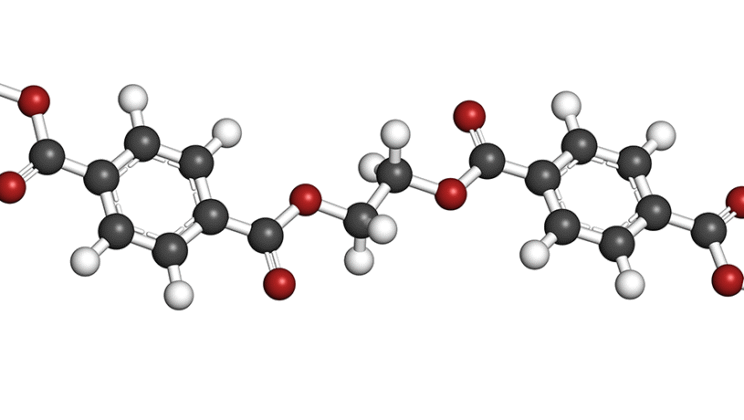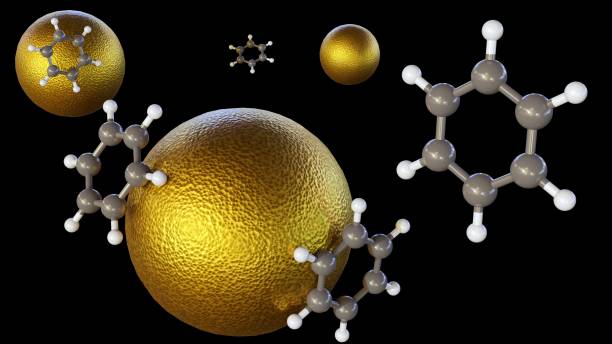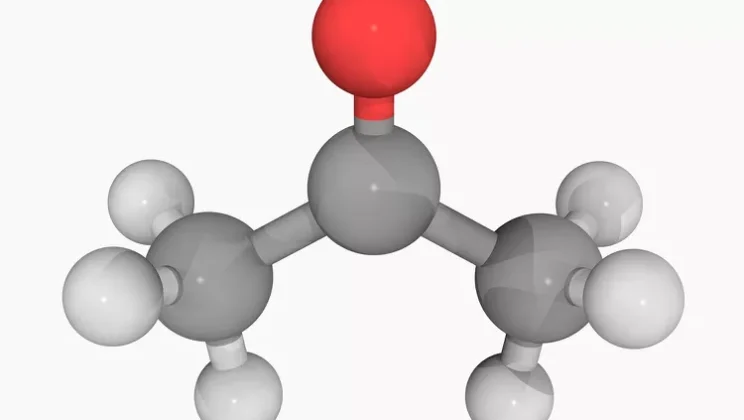Imagine a winter morning by a frozen lake. The surface glitters with a sheet of ice, hard enough to walk…
Category: Chemistry
Le Chatelier’s Principle Made Easy
Have you ever tried to squeeze water into a balloon that’s already full? The balloon pushes back. Try to sit…
What Is Equilibrium in Chemistry?
From the moment we wake up to the time we go to sleep, our world is governed by balance. Our…
How Rust Forms: A Redox Reaction Explained
Iron. It built our bridges, formed our railroads, reinforced our skyscrapers, and shaped the tools of our civilization. But for…
The Science of Fireworks: Chemistry in Action
From ancient Chinese New Year festivals to the Fourth of July in the United States, fireworks have long mesmerized humanity…
What Is Activation Energy?
Every second of every day, trillions of chemical reactions unfold around us and within us. From the combustion of fuel…
Understanding Endothermic and Exothermic Reactions
Imagine a roaring bonfire on a cold winter night. The warmth radiates from the burning wood, drawing people closer. Now…
What Is a Catalyst and How Does It Work?
In the grand theater of chemistry, where atoms dance, bonds break, and reactions flare with energy, there exists an unsung…
5 Types of Chemical Reactions (With Examples)
Chemical reactions are the invisible choreography of the universe. Every second, in your body, in the air, in the stars,…
Why Salt Dissolves in Water: The Chemistry Behind It
Have you ever sprinkled a pinch of salt into a glass of water and watched it vanish before your eyes?…
Molecular Geometry: Shapes of Molecules Made Easy
Look around you. Everything you see—the air you breathe, the water you drink, the screen you’re reading this on—is made…
The Octet Rule in Chemistry Explained
Chemistry, at its heart, is a story of relationships—between atoms, electrons, and energy. Among the most powerful ideas that govern…
How Lewis Dot Structures Help Understand Molecules
Atoms and molecules are the building blocks of everything we see, touch, and interact with—from the air we breathe to…
Bond Polarity: Why Water Is So Special
Every time you sip a glass of water, you’re drinking one of the strangest, most miraculous substances in the universe.…
VSEPR Theory Explained with Easy Diagrams
Molecules are not static blobs of atoms randomly stuck together. Instead, they are dynamic three-dimensional structures, each with a precise…
What Are Intermolecular Forces? (With Real-Life Examples)
Imagine holding a glass of water. It looks ordinary—transparent, tasteless, still. But in that glass lies a hidden world of…
Rethinking the Origins of Life’s Sweet Beginnings
Long before Earth teemed with cells, before DNA helixed its way through the machinery of life, our planet was a…
Chinese Scientists Develop Breakthrough Method to Produce Urea from Industrial Flue Gas
In the sprawling world of chemistry, few compounds have made as vast an impact on human civilization as urea. With…
Ionic vs. Covalent Bonds: What’s the Difference?
At the heart of every physical object—every drop of water, grain of salt, living cell, and planetary atmosphere—lies a powerful…
How Polymers Work: From Plastic to DNA
Take a moment to look around. The chair you sit on, the device you’re holding, the clothes you’re wearing, and…
Aromatic Compounds: What Makes Them Special?
When the word “aromatic” appears, many people instinctively think of fragrance—lavender fields, citrus zest, or the smoky perfume of a…
10 Common Organic Compounds You Use Daily
Organic chemistry might seem like the domain of lab-coated scientists in distant, high-tech laboratories, but in truth, it’s woven into…

